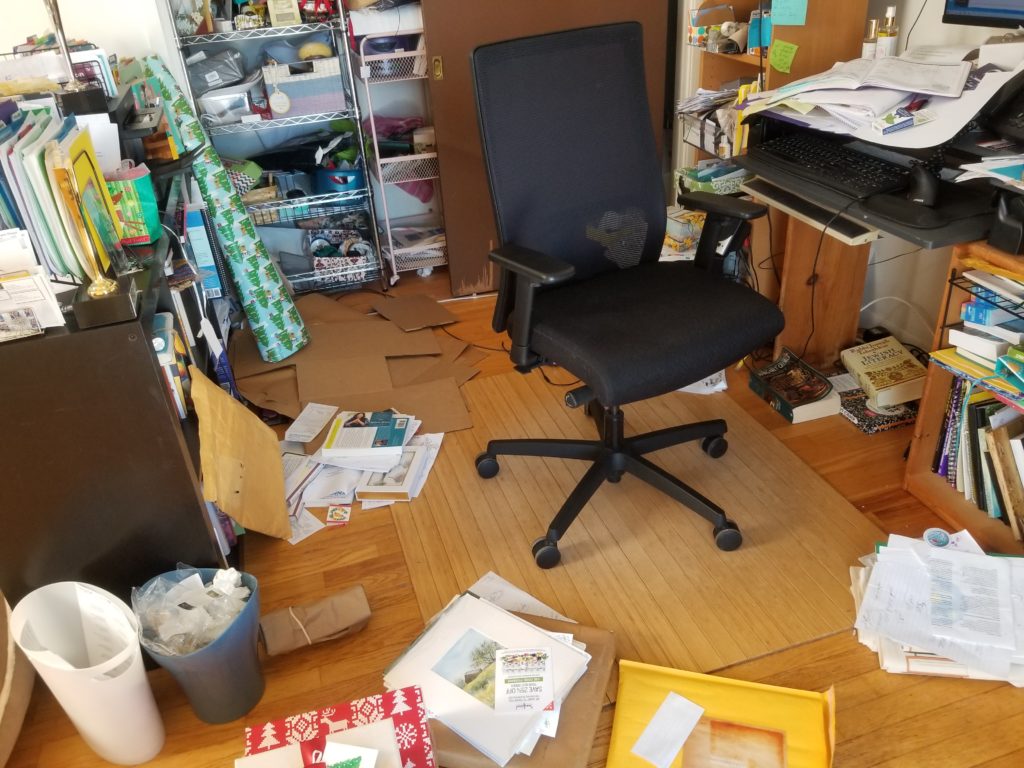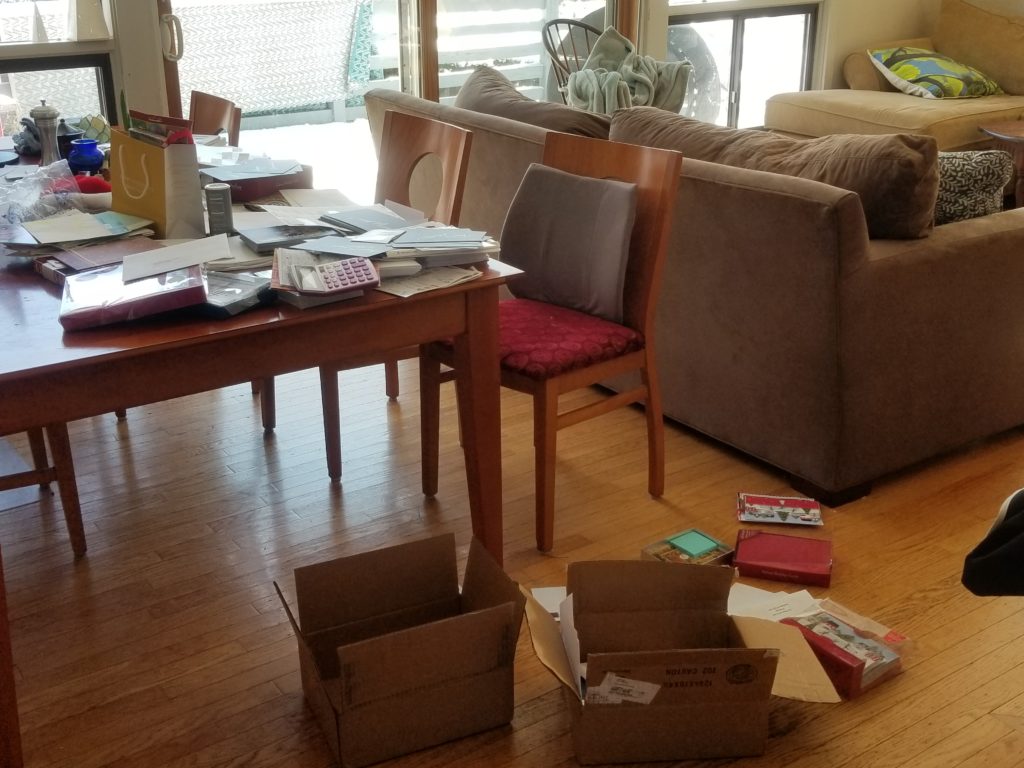As I’ve been meeting with students in my Bring Your Book to Life® Program, several have had moments of overwhelm: “I can’t believe I signed up to write a book. There’s no way I can do it in the middle of this stressful time.”

And I get it. But I also get how writing and publishing a book is a dream that most of them have lived with for many years. Maybe that’s true for you as well.
I wouldn’t be much of a coach if I let them—or you—off the hook!
At the same time, I don’t want to add to anyone’s stress. And it’s not easy or fun to write a book from a state of stress and overwhelm. Not even very productive. So how can we change the vibe and make this fun, empowering and successful?
Here’s some of the advice I’ve been giving my Bring Your Book to Life® Program participants in our private calls:
- Revise your goal: Okay, so you realized you can’t write a whole first draft in 8 weeks. What is realistic? Set a goal that feels do-able or you’ll be in inner conflict before you even start. Writing three quarters, or even half, of a first draft is an excellent start. Does that work?
- Try different times: Several people found that the time they scheduled to write didn’t work for them. Early morning writing sessions got bumped by work meetings in one case. Rethink your timing. Can you write during lunch hour? On the weekend? Just be sure to schedule those times and keep them sacred whenever possible.
- Connection with your mission: One writer had several important reasons for writing her book and one of those was to capture her mother’s stories while she still has that opportunity. When work got too busy and overhelming she worried that she couldn’t write a book, so we “rethunk” priorities. What if she made interviewing her mom the priority? She could capture the interviews on audio and have them transcribed. Then if she didn’t have time for much writing, she’d still have the legacy of the recordings to use whenever she could make additional time for the book. And the opportunity to get her mom’s stories recorded for posterity and a possible book would not be lost.
- Try the litmus test: Here’s the question I have everyone in class ask themselves whenever they are tempted to do something else instead of writing time or whenever a new opportunity comes up that they’re tempted to say yes to:
If I say “yes” to this, what does that mean for my book?
If the invitation conflicts with writing time, perhaps you can immediately reschedule the writing time. Or not—recommit to writing! Or perhaps you want to make the next few months a bit of a writing retreat and be more of a hermit. Good answers are, “Let me think about this and get back to you,” or “I’m working on a big project; can we look at this possiblity again in two or three months?”
[bctt tweet=”How to Think Inclusively to Get Your Book Written”]
It’s easy to get in the frame of mind that writing your book has to take away from other activites. But what if it doesn’t?

- Does writing a book mean you have to ditch your friends or family? No, but it may mean spending less time together, inviting you to make the time you do spend together more meaningful. One writer realized she could include her kids in the interviews of their grandmother. This would create meaningful connection and memories for the whole family.
- Working on a volunteer project? Perhaps you can find a way to contribute in a big way with less time. One year, a Bring Your Book to Life® participant found and trained someone to replace her on the fundraising committee, helping the orgnaization to expand its volunteer base and freeing up her own time to make space for her book.

- Prioritizing and writing your book offers an excellent opportunity for self growth. I often see people learn better boundary making (and keeping) in order to get their books written and published. That may mean setting boundaries with people who drain their time and energy by complaining or fighting. This newfound gift of boundary setting becomes a skill for life, well beyond the book’s writing and publishing.
What challenges are coming up for you? What can you do to overcome them?

 overcome overwhelm is on my mind because….
overcome overwhelm is on my mind because….


 I gave myself the gift of presence.
I gave myself the gift of presence.
 You commit to writing a book. You feel jazzed. You’re inspired. The birds seem to sing a little sweeter. There’s a lift in your step. And then…
You commit to writing a book. You feel jazzed. You’re inspired. The birds seem to sing a little sweeter. There’s a lift in your step. And then…

 Rusty: Right or wrong, in our culture we assign almost an irrational amount of authority to someone who has written and published a book. A book legitimizes ideas, establishes thought leadership, provides prestige and allows someone to communicate their message at scale. It also makes each of the seven pillars above much easier to do. Here’s a snapshot of that:
Rusty: Right or wrong, in our culture we assign almost an irrational amount of authority to someone who has written and published a book. A book legitimizes ideas, establishes thought leadership, provides prestige and allows someone to communicate their message at scale. It also makes each of the seven pillars above much easier to do. Here’s a snapshot of that:

